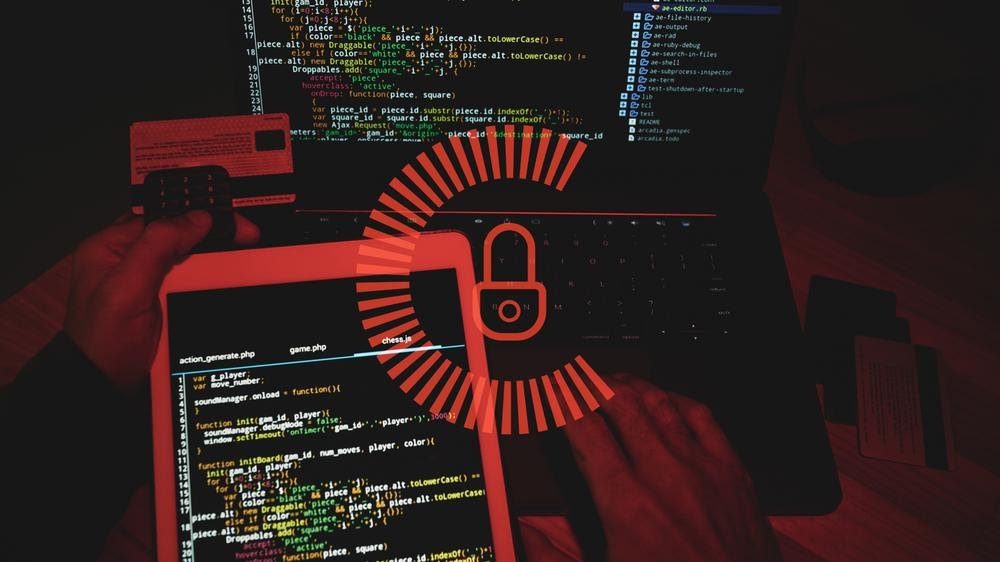
Unfortunately, our world is full of criminals, and the Internet is full of them too. They, among other things, hack passwords, steal money from accounts, blackmail personal information. In this article, we will talk exclusively about simple and accessible ways for everyone to protect themselves as much as possible from cyber attacks apart from the antivirus solutions. You can also consider the best free antivirus is 2020 and pick the solution that guarantees your safety.
Now, let's consider some ways you can protect yourself from the mal-intent.
1. You Need to Set a password on all accounts
Internet surfing begins with a device - most often, it is either a desktop computer/laptop or a smartphone. The concept of "personal computer" appeared a very long time ago, only for many people the computer has not yet become personal. For example, a home computer often uses all the family under the same account - this is unsafe and inconvenient. Sometimes there may not be malicious intent - a child, a spouse, a friend, anyone can accidentally launch a virus or trojan with fatal consequences for the system, or simply buy something accidentally on the Internet, because stores practice shopping with one click, and bank cards are often ready and tied for ease of payment.
2. Smartphone should have a password too
Password settings apply to the smartphone too. Yes, the smartphone has only one user, but everything else is correct - be sure to put the code on unlock. And even better - buy a smartphone only with a fingerprint scanner or a replacement technology like Face ID.
3. Two-factor authentication
Surely you have already got almost all online services forced on the topic of two-factor authentication, but, believe me, this is not worthless. At a minimum, it makes sense to set up confirmation through your phone number to log in to the email, which will be your life stick to restore passwords and accounts on social networks and other sites. If they crack the mail - you will lose a lot, so you need to pay special attention to protecting the email.
By the way, in the case of Google, two-factor authentication does not necessarily mean sending SMS - this can also be the security "hole". Just when you try to log in to your account (enter your name and password), the smartphone connected to Google sends the confirmation message, and you manually confirm your login. Well, or you don't confirm if you're not trying to sign in to your account on your new computer/mobile right now.
4. Individual or temporary mail for questionable sites
It is even better for various temporary or "garbage" Internet sites and services to come up with a separate mailbox. Here is another plus that your mail will be free from unnecessary advertising and notifications (yes, they can be turned off, but sometimes it is difficult or simply no time to forge in the social network settings that send them).
And for some temporary registrations (to download one file or read something and forget about the site with obsessive registration forever), it is best to use services like "10-minute mail," which allows you to create a temporary postal address for literally 10 minutes. To do this, you do not have to configure mail clients - such services allow you to easily read incoming letters, which often have a link to confirm email on "one-time" sites.
5. Monitor mobile app permissions
When you install apps, especially on Android, always carefully read what permissions it asks for. In modern iOS and Android operating systems, all permissions are controlled by the user, except that for pre-installed applications, the manufacturer can resolve almost everything, but Google is also trying to fight this.
If the photo editor or three-in-a-row puzzle you are installing suddenly wanted access to SMS, this is suspicious. At a minimum, you can seamlessly subscribe to spam, at most... Let's say anything is possible. Do not forget that to confirm banking transactions, SMS often comes a code that allows you to withdraw money from your card or even log in to an online bank and get full access to your account. Do you definitely want the first toy in the app store to have the right to peek at confirmation codes for transferring money?
* This is a contributed article and this content does not necessarily represent the views of musictimes.com













